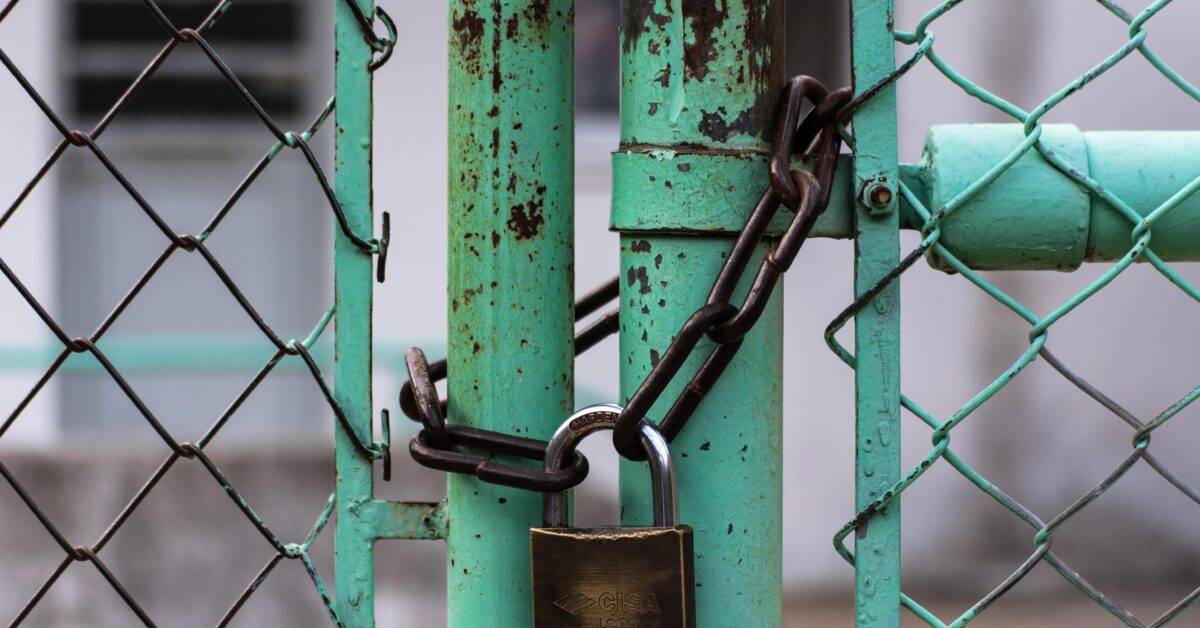Swiss companies are too lax when it comes to cybersecurity. At the same time, employees bypass existing security technologies. This is the result of a survey by Cisco in Switzerland and in northern European countries. It shows weaknesses in training and in the use of common security technologies.
–
Cybersecurity arises when employees, processes and technologies are geared towards it: with intelligence and automation in the network and full transparency of all processes. People in organizations should behave consciously and responsibly. “It takes a culture of security to be lived,” says Roman Stefanov, who is responsible for cybersecurity at Cisco Switzerland. “It does not drill the employees,” he adds, “but makes them aware of the current threats and the risks in general.” This is a problem in Switzerland and in other countries, as a survey by Cisco shows. Employees feel left alone under constant cybersecurity attacks in the digitized world of work.
Left alone in the pursuit of safety
The survey by Cisco and Censuswide in six European countries (Belgium, Denmark, the Netherlands, Norway, Sweden, Switzerland) of 1,500 people who work flexibly reveals apparent contradictions in the use of security technologies and cybersecurity measures in the organization. The Swiss result (251 respondents) corresponds to the overall survey.
A holistic safety culture is possible. The employees are ready for it.
–
Roman Stefanov, Cybersecurity Manager, Cisco Switzerland
More than a third of Swiss employees agree that their organization does not take cybersecurity seriously enough. Almost half of the respondents do not see it that way, another 18 percent have no opinion on this. Only 28 percent of those surveyed feel that their employer is in good hands when it comes to cybersecurity. Almost half see it differently and explicitly want more initiative. “Remarkable,” comments Roman Stefanov. “These numbers seem to me to be a strong sign of uncertainty.” Cybersecurity training courses for employees would be an important means of counteracting this. The survey shows that this is a problem. 23 percent of the respondents in Switzerland have never been trained. However, the pandemic has had an impact in terms of training: In the first 18 months after the start of the pandemic, 67 percent of those surveyed took part in a training course. When it comes to security, the employees feel they have an obligation to do so. 63 percent see cybersecurity as a shared responsibility of all employees; the majority – almost half – see IT and management as the lead.
15% do not know anything about security technologies in the home office
The good news is: Employees use security technology in their hybrid workplace and get along well with it. The bad thing is: there are still too few. The front runner is VPN (53%), followed by multifactor authentication (45%), followed by mandatory software updates. Noteworthy: Around 15% of those surveyed do not know about security technologies or do not have access to them in the home office. In addition, many employees feel compelled to at least sometimes bypass existing security systems in order to carry out their professional tasks. At 42 percent, the proportion is high – but significantly lower than in a similar survey more than a year ago. At that time, almost 95% of those surveyed – especially younger people – circumvented the security, 35% of them regularly.Hybrid work environments are particularly demanding in terms of safety
“In view of the increasing attacks on Swiss organizations, which are also becoming more and more intense and serious, the survey results are surprising,” says Roman Stefanov. “The feeling of insecurity among employees and the bypassing of security technologies shows that there is no real culture. In addition to upgrading networks, there is a lot of catching up to do here. ” After all, hybrid work environments are particularly demanding in terms of their protection against attacks. “This requires the use of effective yet user-friendly security technologies at network level,” says Roman Stefanov. He is confident that the respondents see themselves as being responsible: “That shows that a holistic safety culture is possible. The employees are ready for it ».Main picture credit: Unsplash
–


